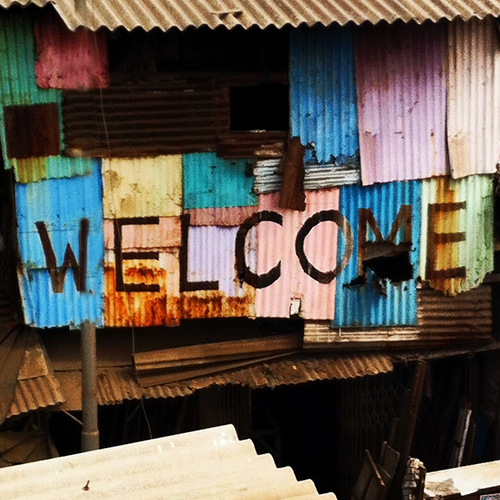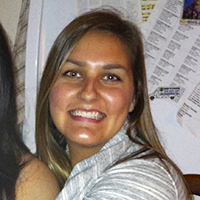A series of unforeseen circumstances led me to retire my car, forcing me to rely solely on public transportation.
Anyone who lives in Los Angeles knows that this is a daunting and seemingly outrageous task. The bus system is unreliable, always late and often skips stops along the route. The subway system is limited, so much so that the majority of the Angelenos have no idea it exists.
In addition to the logistical struggles that an underdeveloped public transportation system has presented, it has also taught me the true definition of community engagement and raised some difficult questions about the stigma surrounding it.
Community service has come to be an integral part of my life. I’ve served breakfast on L.A.’s Skid Row, advocated for victims of domestic violence and most recently committed a year of my life as a full time volunteer working with youth experiencing homelessness. I do my best to immerse myself in these communities and fully empathize with their adversities.
The harsh reality, however, is that no matter how much I try to connect with them, society still places a sliver of separation between us. This divide is apparent in my peers’ reactions when they learn I rely solely on the bus for transportation. They are confused and express concern as if they disapprove of my choice not to invest in a car right away. Their assumption is that the majority of people who ride the bus are from low-income communities, much like the ones I serve. The idea of me riding the bus with this population somehow makes them uncomfortable.
I’m ashamed to admit I take these opinions to heart.
I struggle to understand how the same people who praise me for being altruistic and engaging in this community through volunteering are now critical of me being in communion with them out of circumstance. I wonder what the difference is and ask myself if my efforts have been genuine. I’d like to think of myself as an open-minded, all-inclusive type of gal but these sentiments have left me feeling more like an outsider than ever before.
Do I really see myself as a fully integrated part of the communities I serve or am I the one standing just outside the circle wearing the volunteer badge?
Each time I ride the bus, I’m reminded of the union that exists between us all at its most natural state. Upon boarding the bus, barriers between race, religion and economic standing are removed. We are united under a shared purpose. We all trudge through the same challenges to reach our respective destinations. Random acts of kindness, like a stranger helping a blind man find a seat or a seasoned bus-goer helping a newcomer with directions, serve as examples of the camaraderie we’ve developed. In working together to ease the travel process, we are reminded that in serving others you serve yourself.
Now that I ride the bus every day, a large part of my personal time is spent in solidarity with the communities that I serve, as opposed to compartmentalizing it to a volunteer experience. Consequently, our interactions have evolved. As a volunteer, my role denotes that I offer a service to supplement something that my client needs. However, among the passengers on the bus this institutional hierarchy does not exist—I have nothing more to offer than anyone else.
This happy accident has allowed me to experience my community from a completely different point of view, embedding in my mind that true community engagement means standing among the crowd, not above or below. I give gratitude to the bus driver who picks me up late and to the kind strangers who greet me every morning, for without them I would be missing out on this fundamental lesson: the best way for me to help my community is to first start by truly being a part of it.
Community by its very definition is all encompassing.
It isn’t just comprised of those whom we’re comfortable or familiar with, those who look the same as we do or engage in the same activities or hold the same jobs that we do. We could all benefit from expanding our social circles and pushing past our comfort zones to connect with people we wouldn’t normally have the chance to. That action is where personal growth springs from and propels us toward becoming more tolerant and loving people, in turn creating a more tolerant and loving community, a more tolerant and loving Los Angeles, a more tolerant and loving America and a more tolerant and loving world.
I’m not suggesting that everyone drive their cars into the ground and hop on the next bus you see, but I do challenge everybody to reflect on the very own personal communities they’ve created and ask themselves if there is room for expansion.
Love elephant and want to go steady?
Sign up for our (curated) daily and weekly newsletters!
~~
Apprentice Editor: Yaisa Nio / Editor: Renée Picard
Photo: Author’s Own
 Share on bsky
Share on bsky






Read 0 comments and reply